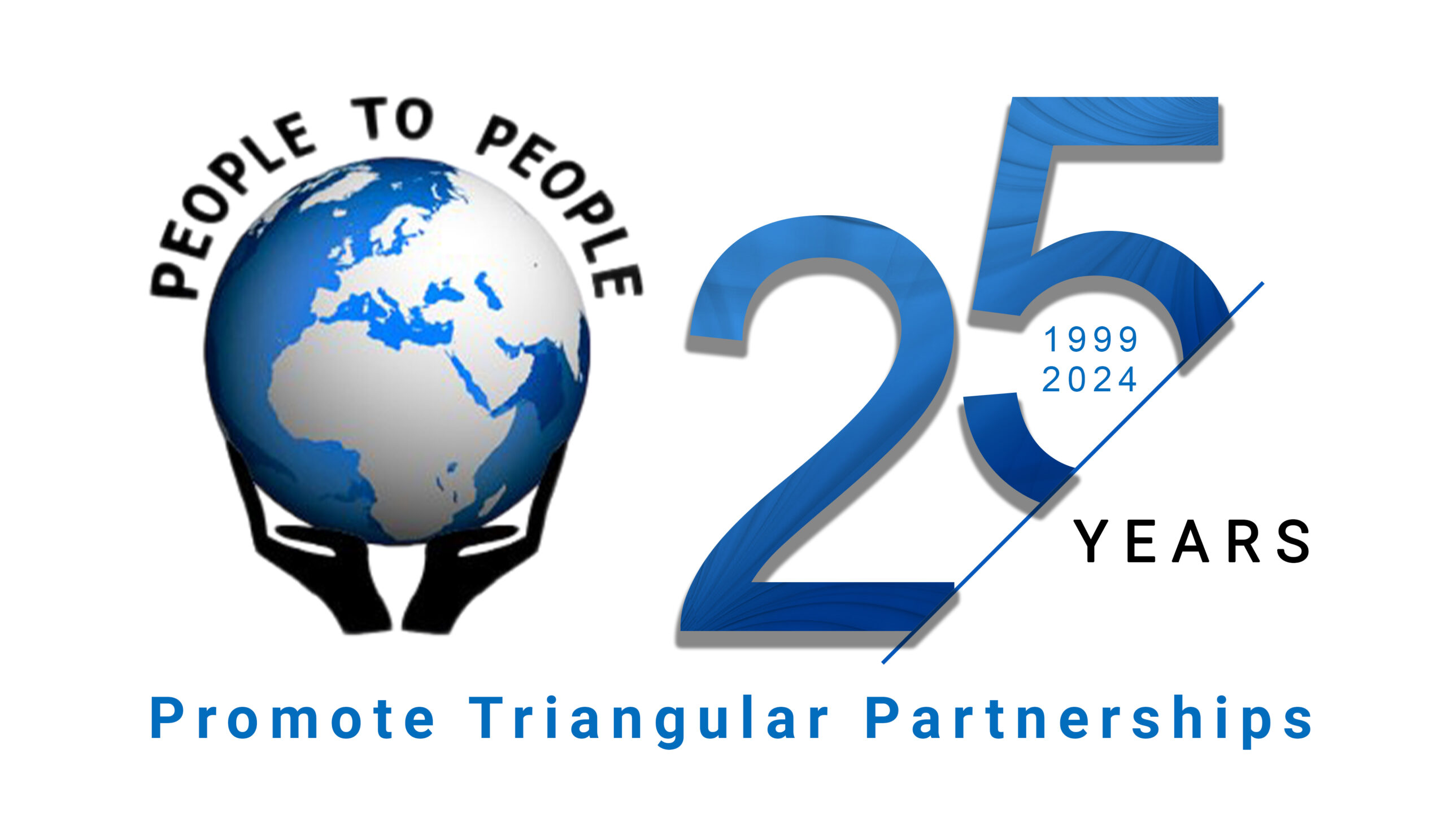Cancer Care: Awareness About Prevention
Prevent Cancer: Steps to Reduce Your Risk
Preventing cancer starts with understanding the risk factors and taking proactive measures to reduce them. Here are some essential steps to help prevent cancer:
1. Healthy Lifestyle Choices:
- Balanced Diet: A diet rich in fruits, vegetables, whole grains, and lean proteins can lower the risk of many types of cancer.
- Regular Exercise: Engaging in regular physical activity helps maintain a healthy weight and reduce cancer risk.
- Avoiding Tobacco: Smoking is a major cause of cancer. Quitting smoking or avoiding tobacco products significantly reduces cancer risk.
- Limiting Alcohol Consumption: Reducing alcohol intake can lower the risk of developing cancers such as breast, liver, and colorectal cancer.
2. Sun Protection:
- Avoid Excessive Sun Exposure: Use sunscreen, wear protective clothing, and seek shade to reduce the risk of skin cancer.
- Avoid Tanning Beds: Tanning beds emit UV radiation that can increase the risk of skin cancer.
3. Vaccinations:
- HPV Vaccine: Protects against the human papillomavirus, which can cause cervical and other types of cancer.
- Hepatitis B Vaccine: Reduces the risk of liver cancer by preventing hepatitis B infection.
4. Environmental Factors:
- Avoid Carcinogens: Limit exposure to known carcinogens, such as asbestos and certain chemicals.
- Maintain a Healthy Environment: Ensure your home and workplace are free from harmful substances.
5. Regular Health Check-ups:
- Routine Screenings: Regular visits to your healthcare provider for check-ups and screenings help detect potential health issues early.
By adopting these preventive measures, you can significantly reduce your risk of developing cancer and lead a healthier life.
Cancer Care: Awareness About Screening
Screening for Cancer: Early Detection Saves Lives
Cancer screening is a critical component of cancer care, as it helps detect the disease at an early stage when treatment is most effective. Here’s what you need to know about cancer screenings:
1. Common Cancer Screenings:
- Breast Cancer: Mammograms can detect breast cancer early, often before a lump can be felt.
- Cervical Cancer: Pap smears and HPV tests help detect precancerous conditions and cervical cancer early.
- Colorectal Cancer: Colonoscopies and stool tests can identify early-stage colorectal cancer or precancerous polyps.
- Prostate Cancer: PSA (prostate-specific antigen) tests can detect prostate cancer in its early stages.
- Lung Cancer: Low-dose CT scans are recommended for high-risk individuals, such as heavy smokers, to detect lung cancer early.
- Skin Cancer: Regular skin checks by a healthcare provider can help detect skin cancer early.
2. Importance of Age-Appropriate Screenings:
- Children and Adolescents: While cancer is less common in younger age groups, awareness of family history and risk factors is important.
- Adults: Regular screenings based on age and risk factors are crucial for early detection of cancer.
- Older Adults: Continued cancer screenings as recommended by healthcare providers help manage health in later years.
3. Benefits of Early Detection:
- Improved Treatment Outcomes: Early detection often allows for less aggressive treatments and better outcomes.
- Increased Survival Rates: Finding cancer early can significantly increase the chances of successful treatment.
- Better Quality of Life: Early intervention can prevent complications and improve the quality of life for cancer patients.
4. Personalized Screening Plans:
- Risk Assessment: Work with your healthcare provider to assess your risk factors, including family history, lifestyle, and genetics.
- Tailored Screening Schedule: Develop a personalized screening plan based on your risk assessment and current health guidelines.

